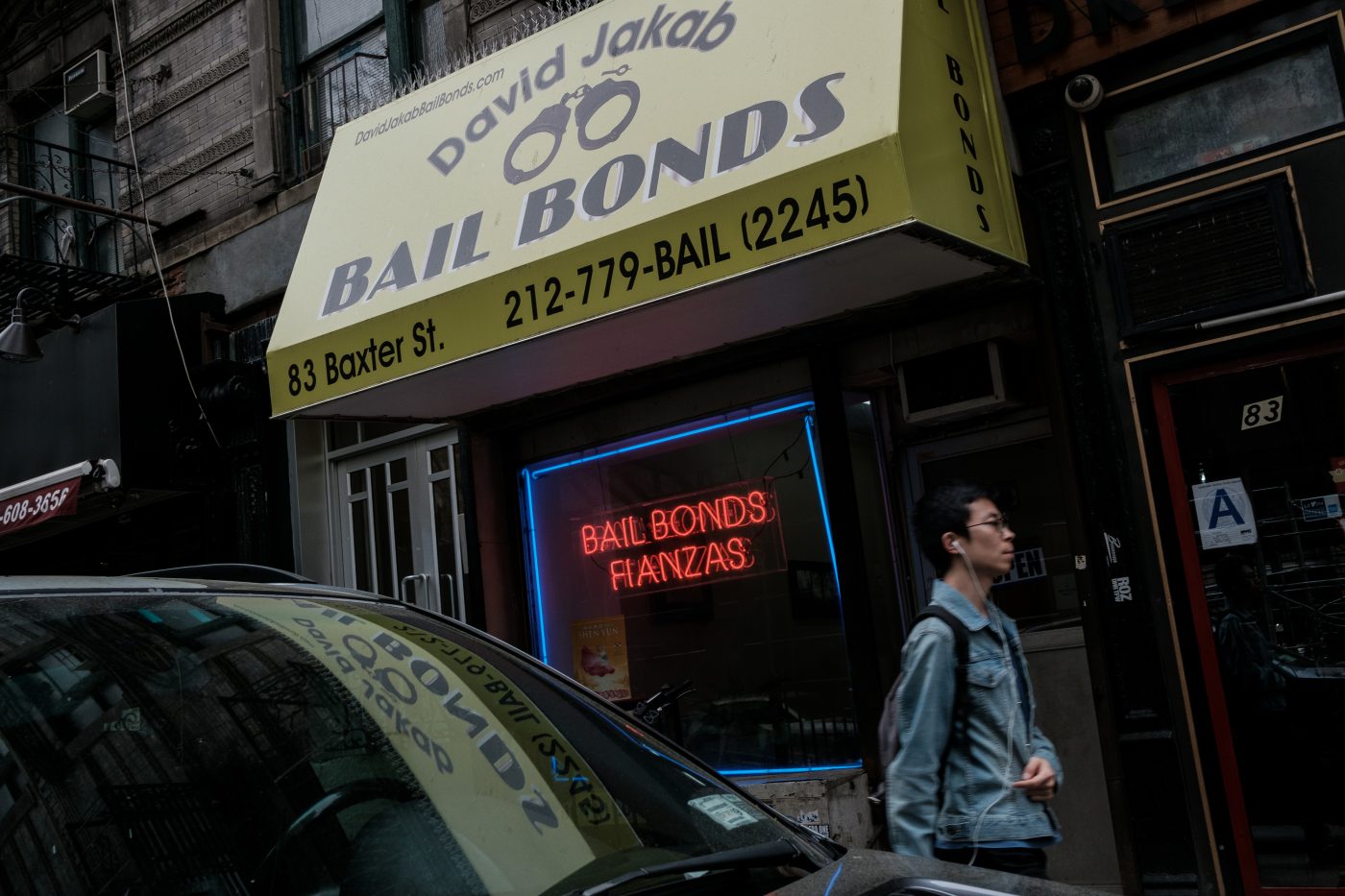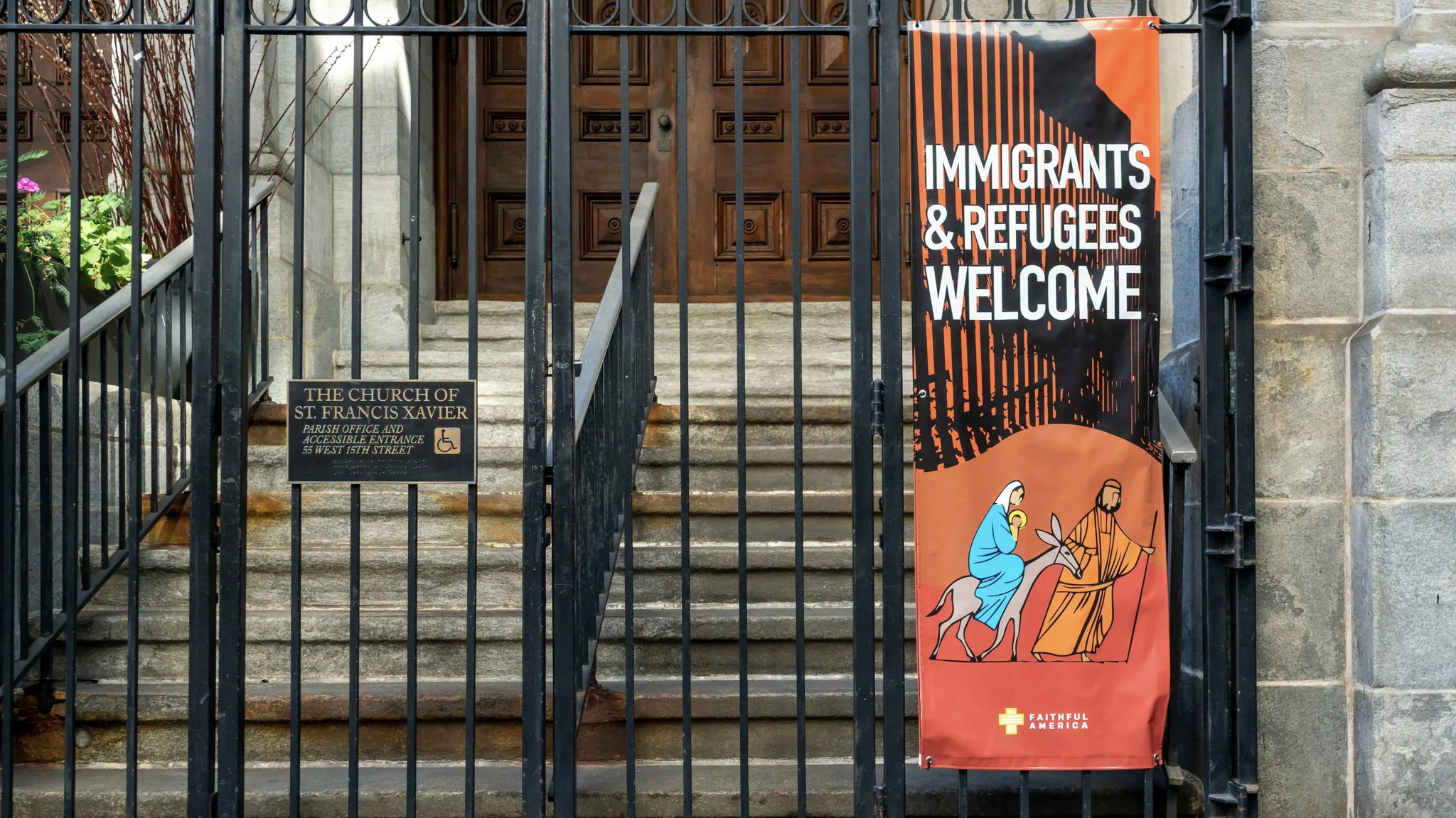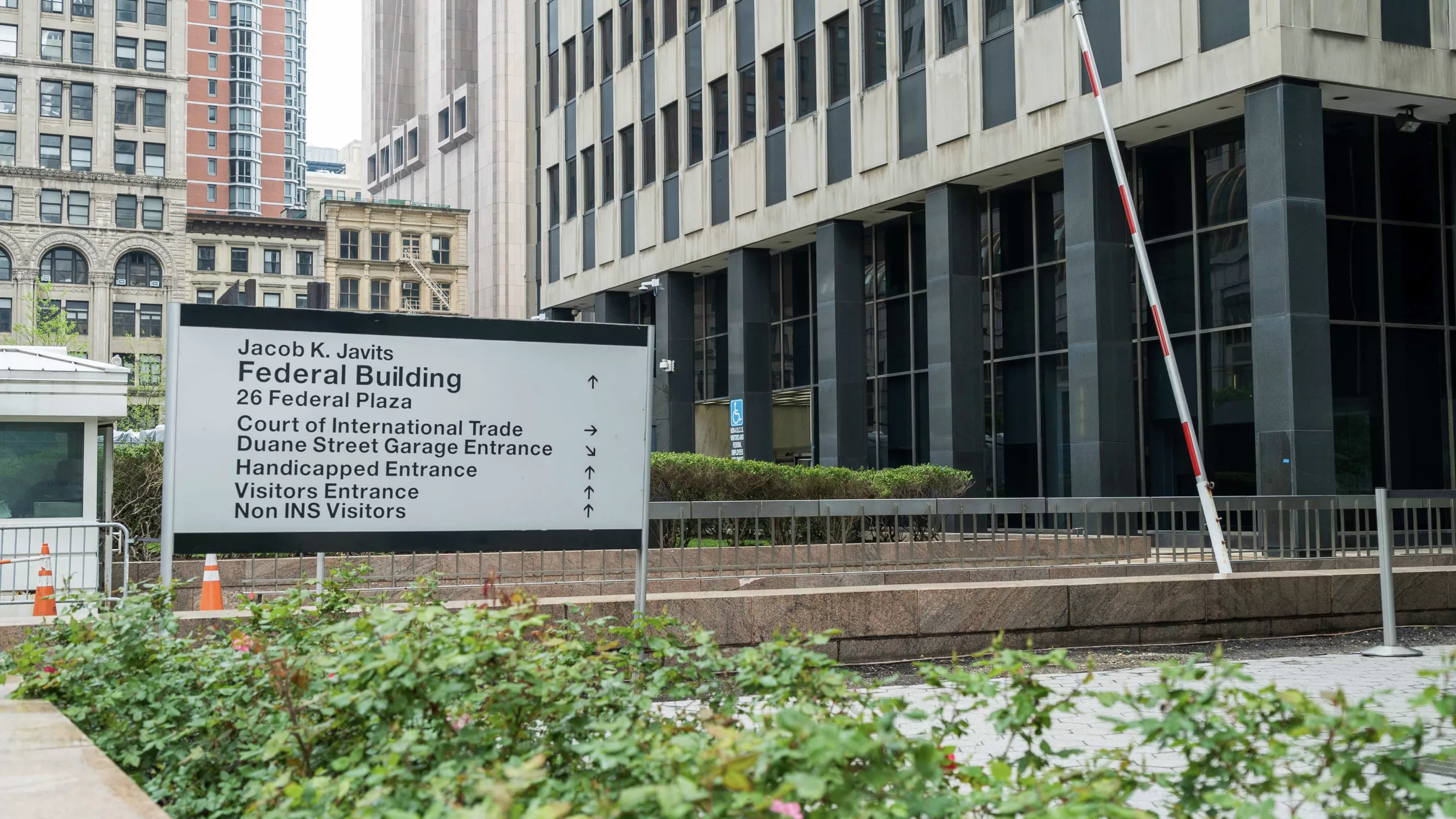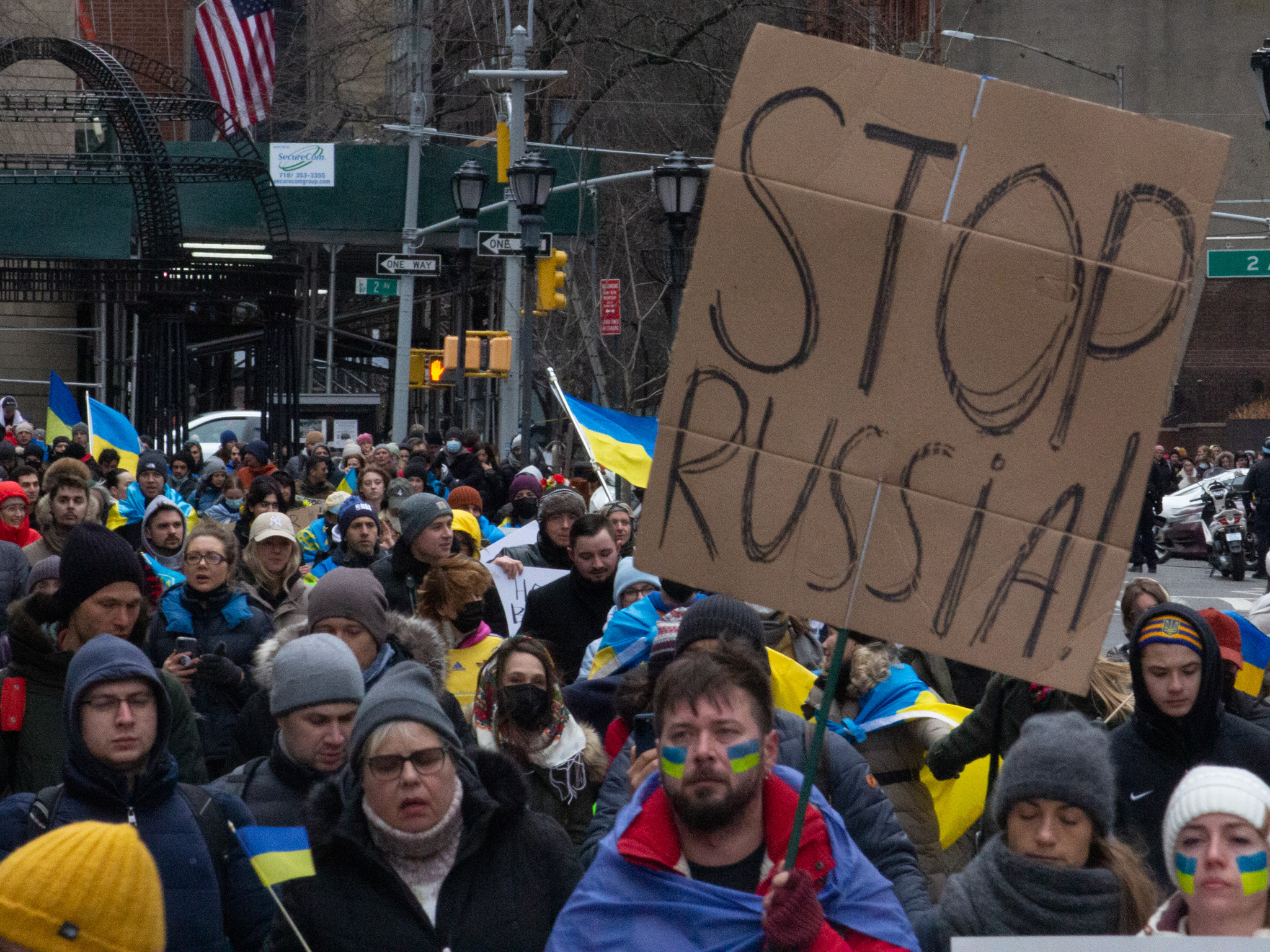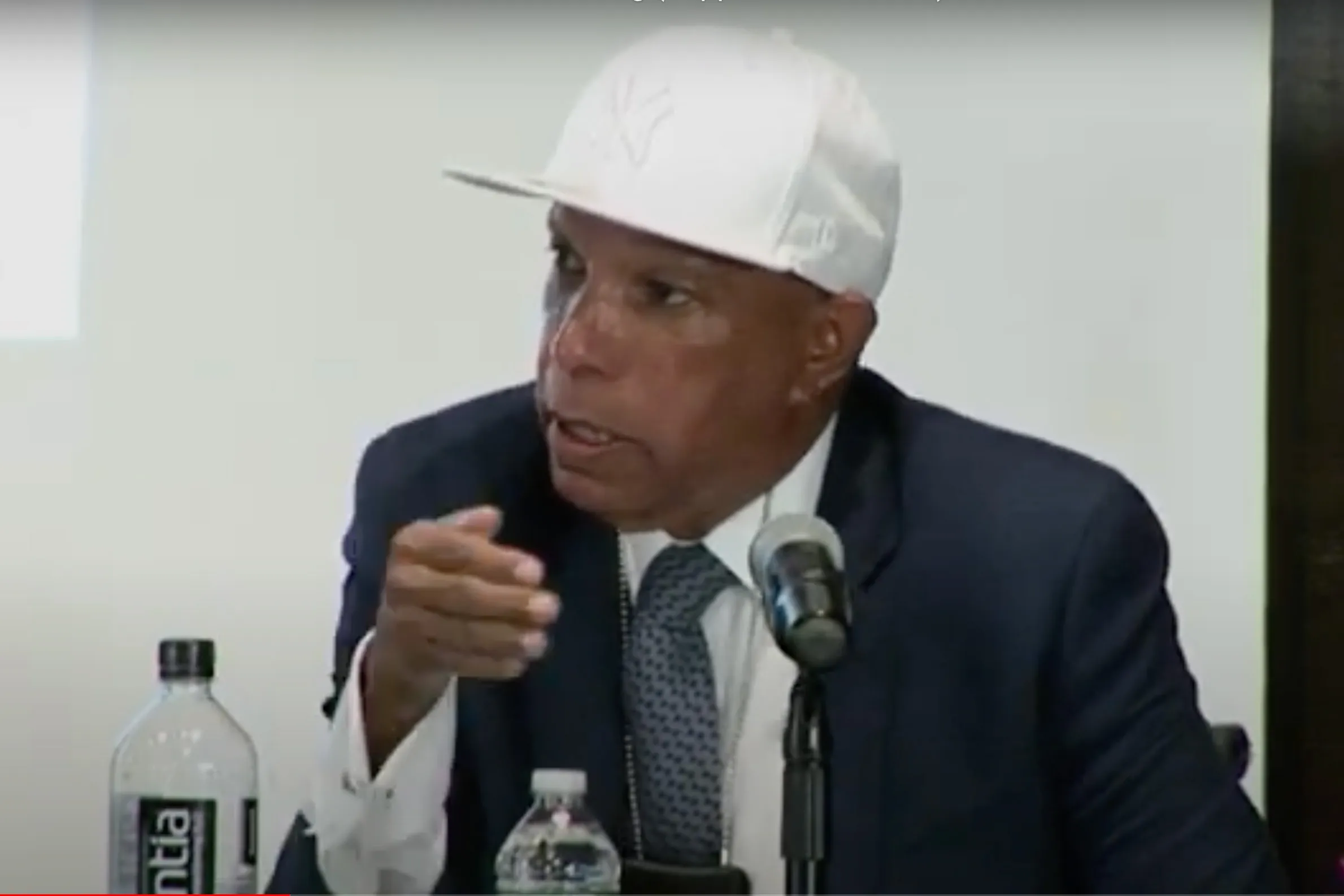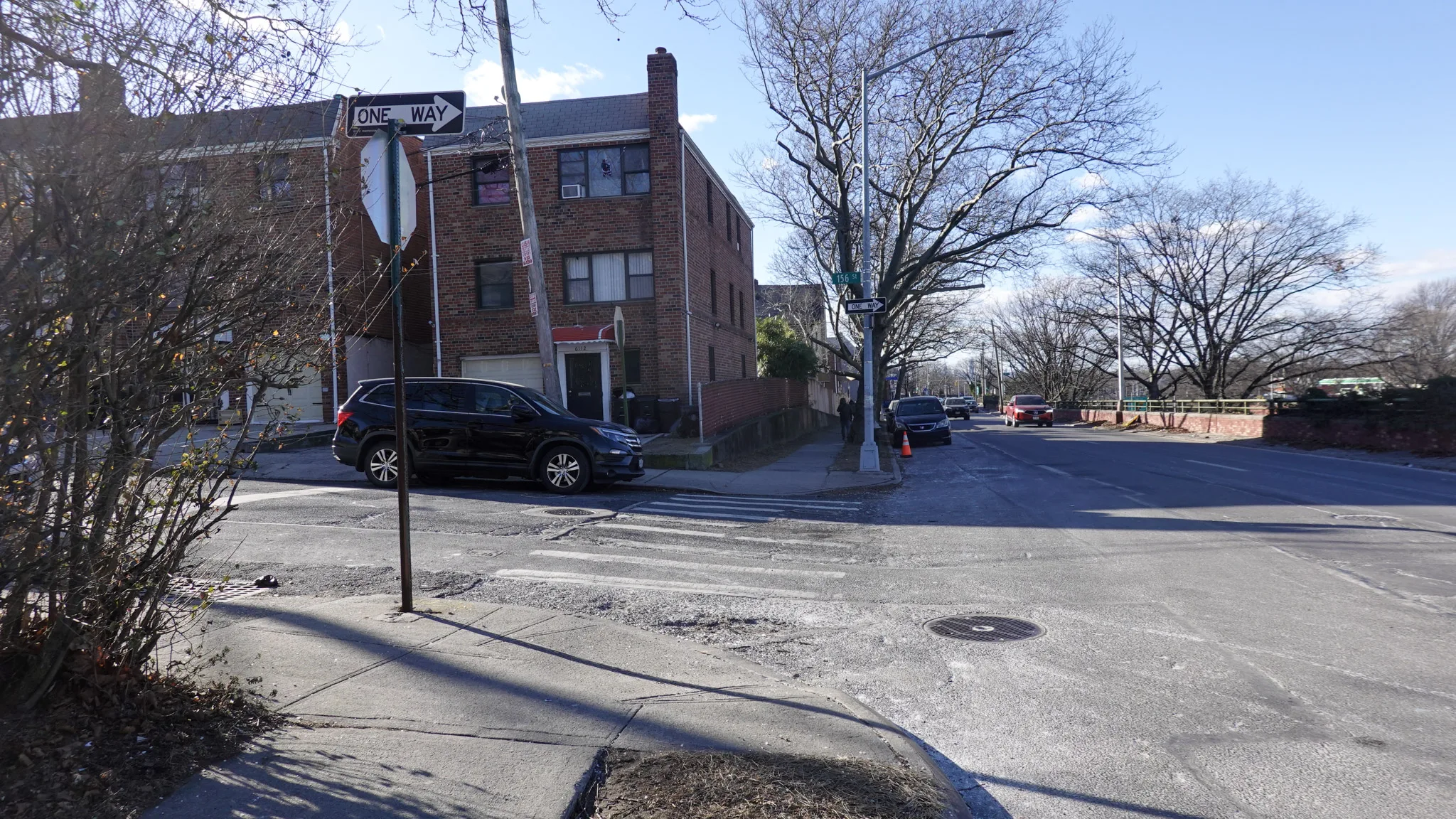Yousef’s journey from northwestern Pakistan to New York City was nearly complete.
He had weathered the long trip from Brazil to the Southwest border on foot and by bus, but now, he faced just one more obstacle: the Varick Street immigration court.
Yousef sat shackled in the court while he was harshly interrogated. Judge Patricia Buchanan and the prosecuting attorney wanted to know if he would ever try to overthrow the government, among other things.
Yousef — who preferred to use a pseudonym for his protection — was scared by the intensity of the questioning. He had fled his home country after being targeted and threatened for his religious identity. He didn’t expect this treatment.
“We were all just so stunned,“ said Molly Lauterback, his lawyer and a staff attorney at Brooklyn Defender Services. “No one had ever seen this sort of questioning… Especially with someone who has no criminal record.”
At the end of the hearing, the judge set the bond: $20,000.
“For three days, I was thinking about how I can tell my family I have to pay $20,000,” Yousef said. “They’re in a country where the average pay is $150 per month.”
Attorneys and advocates have long suspected that the cost of bond — the equivalent of bail in criminal courts — is set disproportionately high in New York’s detained immigration court. Justice Department data collected and analyzed by Documented confirm that it’s true.
In the Varick Street immigration court, which hears cases for immigrants ICE is detaining, bonds have been set 50 percent higher than the national median, Documented has found. In the same court, judges ordered immigrants to pay 50 to 650 percent more in bond than New Yorkers charged with criminal felonies and non-felonies were charged to get out of jail.
The high cost of bond has serious consequences for immigrants in detention and their families, advocates and lawyers say.
“It’s something that will send them into bankruptcy and affect the lives of their U.S. citizen children,” said Eduardo Villacorta, an immigration lawyer on Long Island.
The Executive Office for Immigration Review, a Justice Department agency that runs the immigration courts, provided data from 2008 until 2018 for the Varick Street court and for immigration courts in Elizabeth and Newark. On average, immigrants were charged $9,672 at Varick Street to be released from detention during that period. EOIR added that the statistics carry potential for error due to the nature of manual data entry, and the database is frequently updated, so the statistics are subject to change.
“For three days, I was thinking about how I can tell my family I have to pay $20,000,” Yousef said. “They’re in a country where the average pay is $150 per month.”
Due to pending litigation, EOIR declined to comment.
The median cost of bonds set by judges at New York’s Varick Street immigration court, according to data provided to Documented by the Justice Department, was 50 percent more than in the rest of the country from 2008 to 2015, the latest year for which complete national data is available.
The mean price of bond — known as bail in criminal court — had been steadily declining from a 10-year high of $10,725 in 2014, down to around $8,000. In 2017 it rose about 5 percent.
In 2015, Immigration judges in New York City set bond 50 percent higher than the median cost of bail for felony defendants in the local state court system and nearly seven times more than in non-felony cases, according to the Justice Department data and a report on criminal bail from the New York Criminal Justice Agency.
According to Syracuse University’s Transactional Records Access Clearinghouse, the national median bond for immigrants from fiscal year 2008 through most of fiscal year 2016, was $5,000. In New York, the median bond during that time frame was $7,500, a 50 percent increase. TRAC also found that in a similar timeframe, about 19 percent of immigrant detainees were granted bond. The rest remained in detention.
Immigration court has a unique system in which the arresting agency, U.S. Immigration and Customs Enforcement, initially decides whether a detainee is granted release on bond. The detainee is allowed to petition that decision in immigration court, where a judge decides whether the cost is fair or not. Documented analyzed data from those final decisions.
Bond is designed as a deposit, so that immigrants who can afford it can leave detention and get their money back after their case is resolved. Lawyers say that once their clients are released, they are freer to help gather evidence and continue working to support their families. In criminal court, judges are free to set bail for any price they deem appropriate. For immigrants, the lowest available bond amount is $1,500.
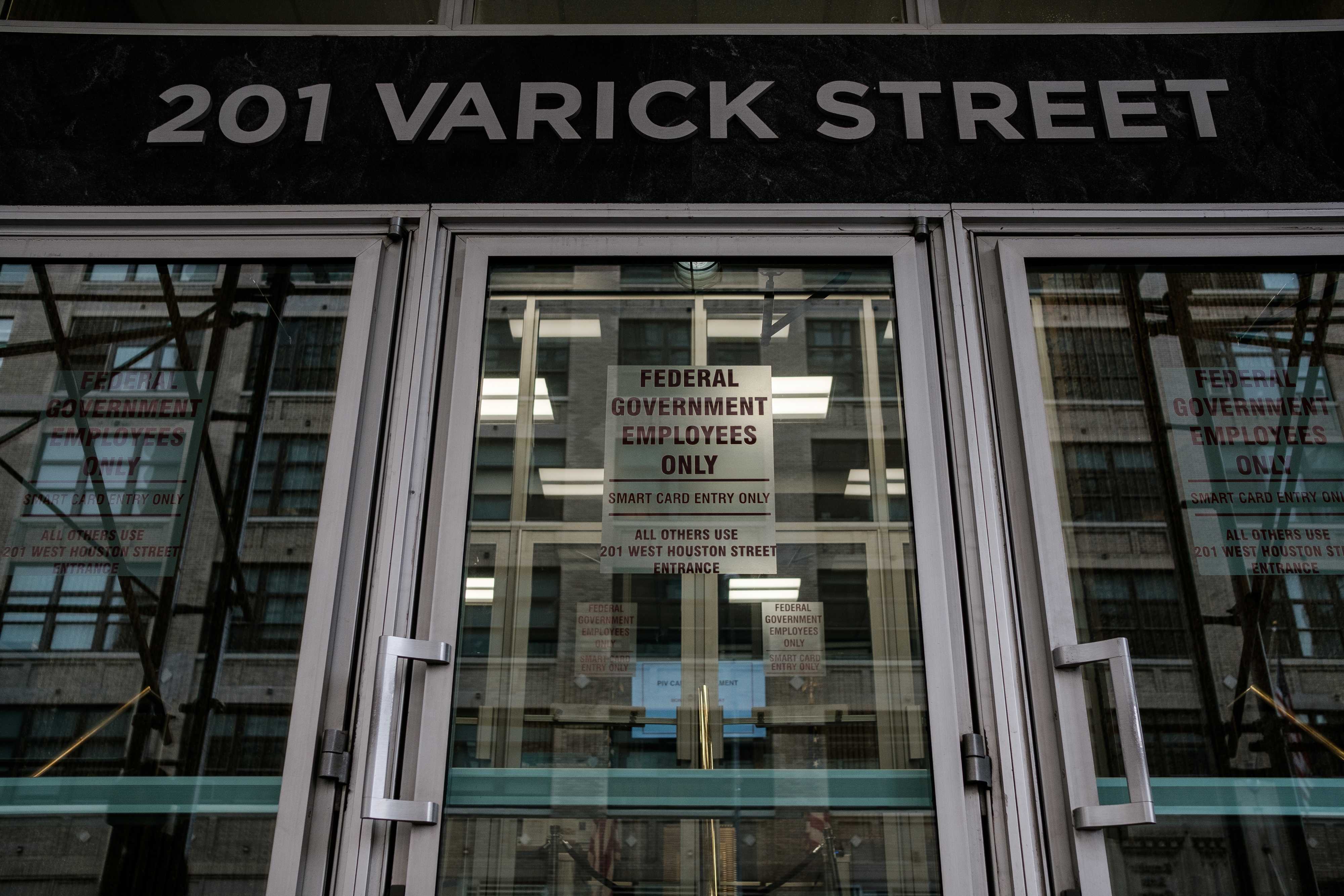
Yousef was charged such high bond because the judge believed he was at risk of fleeing the court, his lawyer said. His attorneys were shocked because Yousef had no criminal record and someone who was willing to sponsor his stay in the U.S.
Yousef was lucky. His lawyer had a friend who was able to quickly pull together the bond with the help of a mosque in the city. But most immigrant detainees are not. Several groups of immigrants are not entitled to bond hearings at all.
“Almost everybody in criminal court is eligible for bail. People are going to get a bail hearing, even if it’s high. In immigration court there are multiple categories [of] people who aren’t even eligible,” explained Andrea Saenz, immigration practice supervisor at Brooklyn Defenders Services.
Recently, criminal bail reform has been a hot-button issue in city and state government. In April, City Council member Rory Lancman introduced a bill that would create a complaint system for customers of bail bonds firms. Council Speaker Corey Johnson introduced a bill that would order bail bonds companies to inform their customers of the state laws that govern interest rates on bail bonds and other fees. A proposed state law would abolish bail bonds agencies from the state. In a speech in January, Gov. Andrew Cuomo endorsed removing cash bail as an option in all courts in the state. The city has also started a $1.4 million fund to pay bail for those who can’t afford it.
New York City has greatly reduced the number of people held in jail on cash bail. In 2015, about 70 percent of defendants were released without having to pay bail, according to a report from City Comptroller Scott Stringer’s office.
Critics of the system say that bail effectively criminalizes poverty by imprisoning people who can’t afford to pay the fee. Alleged minor infractions have cast people into the the criminal justice system, irreparably damaging their lives. Advocates often point to the story of Kalief Browder as an example of how the system can go wrong. Browder was held on Rikers Island for three years because he couldn’t afford his $3,000 bail. He was beaten by inmates and guards repeatedly, and committed suicide shortly after he was released.
But for the progress advocates have made in tackling this issue, immigration bond has lagged far behind.
“The campaigns and movement have been, ‘let’s end immigration detention’ not ‘end immigration bond,’” said Pilar Weiss, project director at the National Bail Fund Network. “In the criminal system, there are more protections in terms of actual processes and individual rights. Rights of immigrants in detention are very different.”
Weiss is helping to build a national network of nonprofits that pay bail for people accused of minor crimes. People often informally gather money from friends and family to pay for their bail, and have been doing so for decades. The relatively new phenomenon of bail funds is just formalizing that process, Weiss said. Immigration bond funds, however, are scarce. Those bonds cost more and cases can take years to resolve. A bond fund may not see its money for years if the clients case is held up.
Some advocacy groups, like the New Sanctuary Coalition have taken to crowdfunding platforms to raise bond money. Their bond fund has freed 25 people, according to spokesman Kirk Cheyfitz. They primarily use the crowdfunding website GoFundMe to raise money for bond payments. The platform has hundreds of active pages raising money for immigration bond.
Immigration bond is governed by the federal regulations, while the laws surrounding bail in New York City are controlled by the state legislature. It’s another reason why effecting change is difficult, Saenz said.
“It’s much easier to fight a case from freedom than when they’re in,” Saenz said. “ For people who don’t get out on bond, cases move quickly. It pushes us hard to gather documents. People give up. [It’s] very similar in the bail context that people plead guilty if they can’t get out.”
After eight months in detention, Yousef was released and began helping to collect evidence to support his asylum claim. Being freed can have a measurable impact on detainees cases, lawyers say. It costs $9 per minute to call Pakistan at the Bergen County Detention Center, where he was being held, according to Yousef.
After leaving detention, his lawyer submitted hundreds of pages of documents that show the danger he faced in Pakistan to the immigration court at 26 Federal Plaza. After a 10 minute hearing, a judge granted him asylum. Yousef is now trying to attend a community college and become an Uber driver.
He is waiting for a final hearing for his case.
